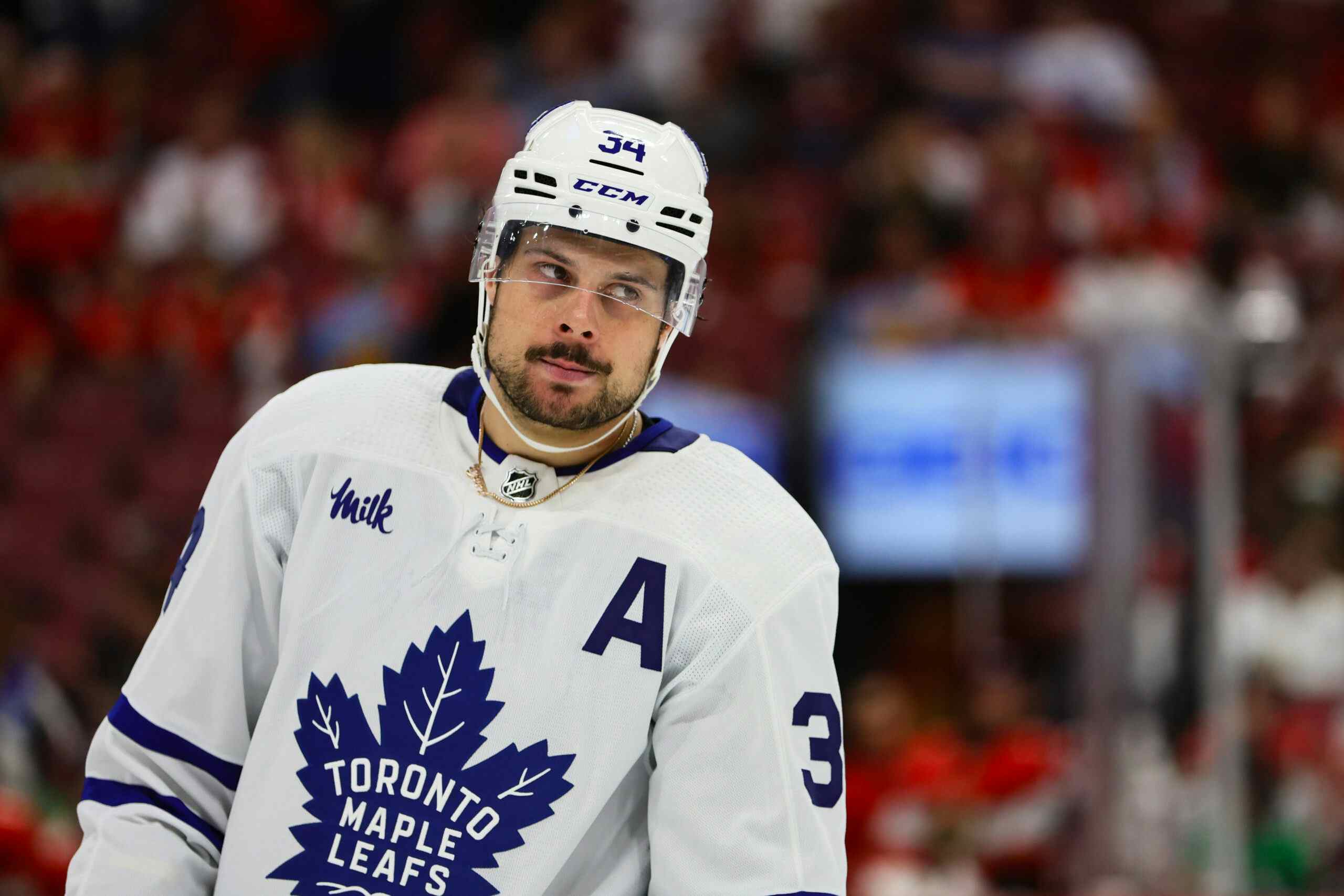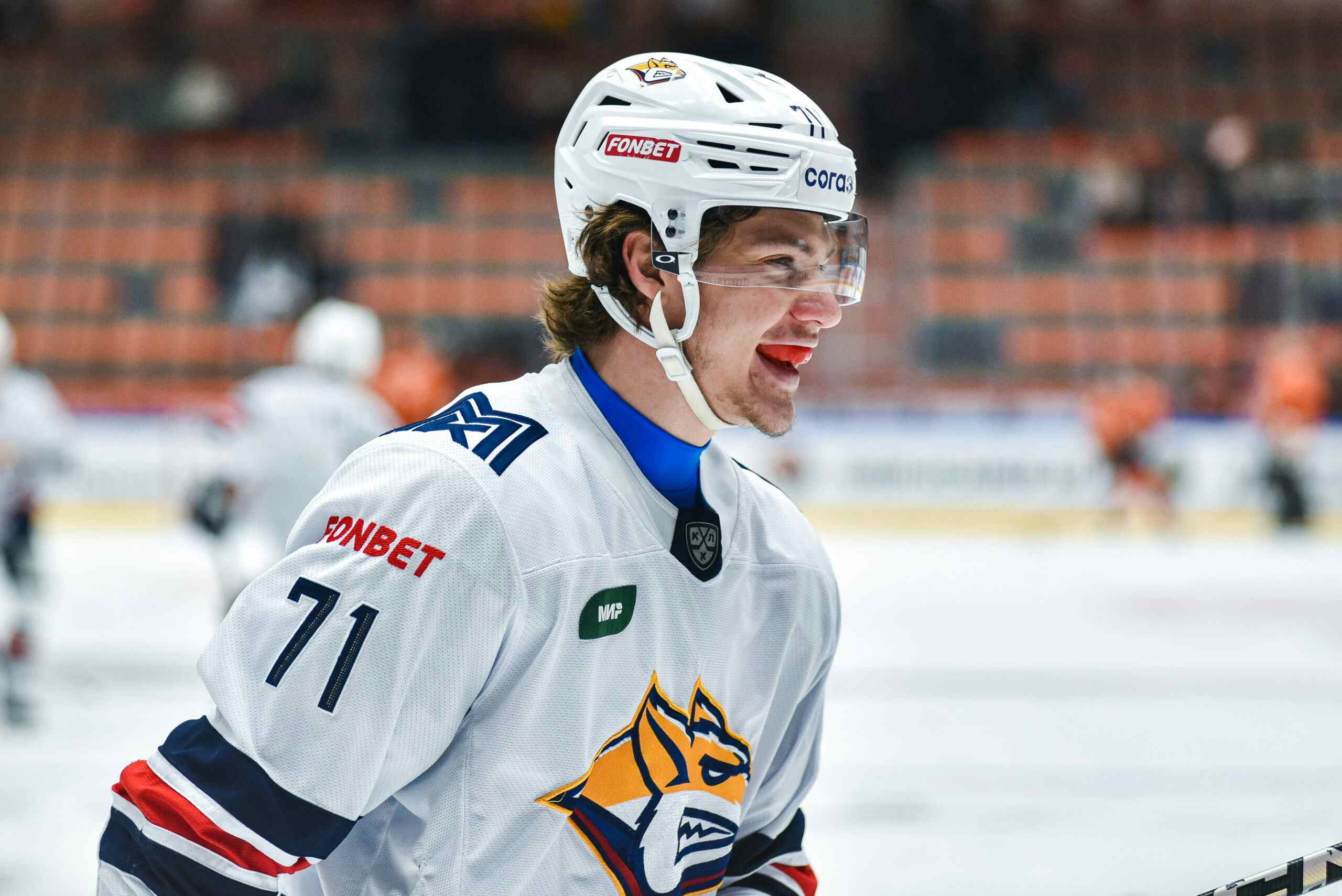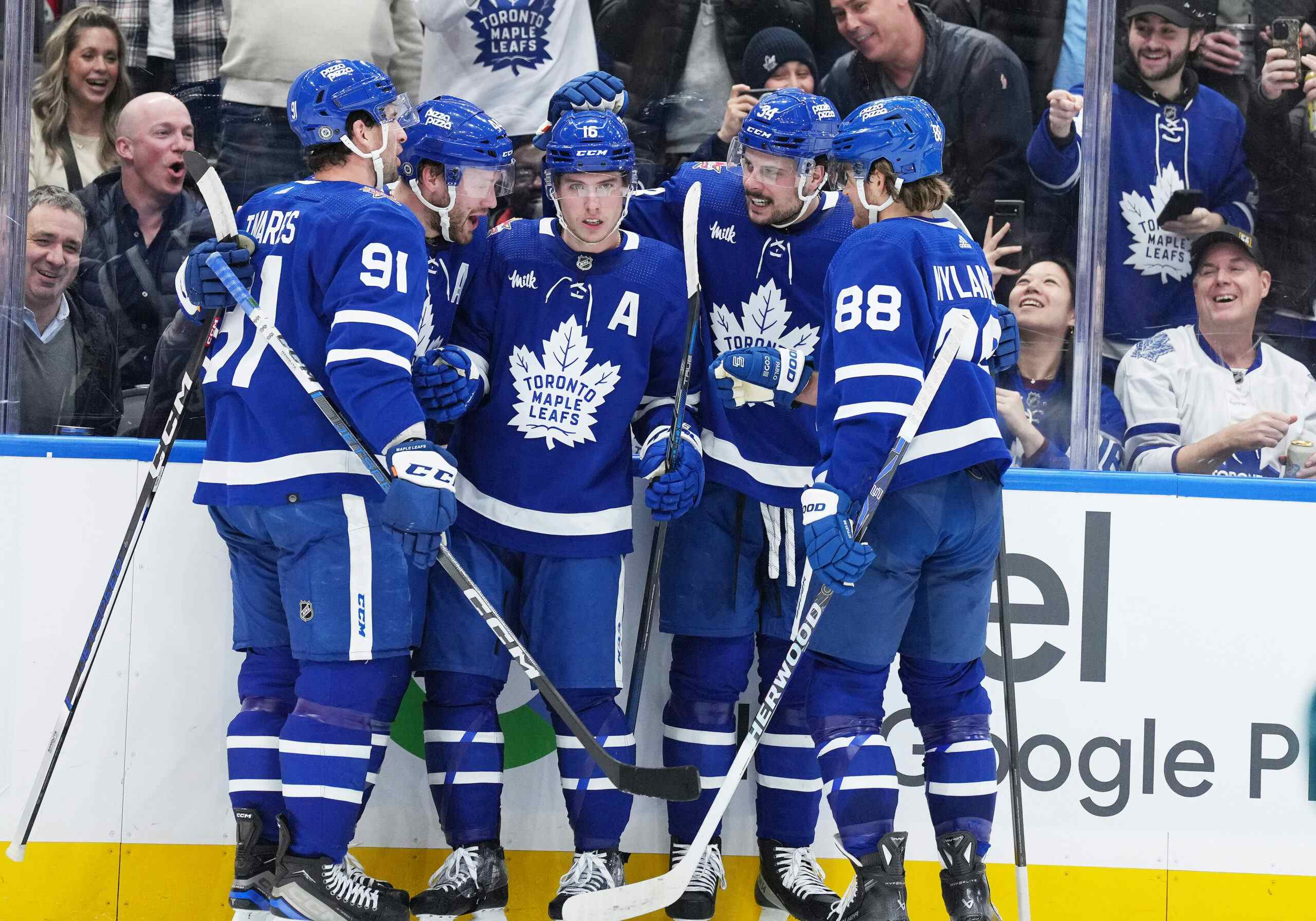Brian Burke’s Interview with the Score
By Cam Charron
12 years ago
For those still unawares, the Score’s Sophia Jurksztowicz did an excellent interview with Toronto Maple Leafs General Manager Brian Burke that aired on TV last night. Being infamous for its “barn fight” story in the lead-up to the interview, Burke and Jurksztowicz tackle many topics including bullying and homophobia, and also Burke’s coffee preference.
It really is a fascinating interview and worth a listen. Burke’s slogans on acceptance versus tolerance are outstanding and any Leaf fan ought to feel a tinge of pride that Burke is the General Manager of their hockey team. There are some real choice bits in there:
“Practice acceptance. This whole problem will go away over time if everyone accepts. Not tolerates. You tolerate weather. You tolerate cats. But when you practice and teach acceptance in your home, you know, the best thing about my son telling me he was gay was that I didn’t have to take anything back.”
That said, lost in the heaping amount of praise I have for the thing Burke says in this interview there are a couple of hockey-related points in the abridged version of the interview (linked above at the Backhand Shelf) that I happen to disagree with Burke upon. So in the interest of spurring a bit of hockey-related discussion, I’ll throw out a couple of the things Burke said and offer a short response:
On the Boston Bruins success last playoffs
“I really believed that Boston earned that Cup, they played through three Game 7s to get there, including the finals, you know, to put it in perspective, the year we won the Cup in Anaheim, we lost five games.”
I’m not sure if Burke is lauding the 2011 Boston Bruins as better than the 2007 Anaheim Ducks, because he really shouldn’t. A Game Seven can turn on a bad bounce or something completely removed from the ability of a team.
What also helps in Game Sevens is unconscious goaltending. We know that Tim Thomas played exceptionally well, and he had two Game Seven shutouts, in Rounds Three and Four. Is an ice-cold goaltender more impressive than losing just five games on the way to the Stanley Cup Finals? I doubt it.
The 2007 Anaheim Ducks were a mix of high quality skilled forwards, an outrageously deep team defense, incredible goaltending and one of the best post-lockout checking lines. I’d say their Cup win was a bit more impressive than the Bruins winning three Game Sevens, because they were never forced to play any.
That’s the kind of team Toronto fans should hope for.
On Joffrey Lupul and players with proven playoff records
“Part of the reason I got Joffrey Lupul is, the year I traded him, he was our best forward in the playoffs. We played in the Conference Finals that year and he was our best forward… and part of the reason we got him back here is because he is a proven playoff performer.”
I’m sure that much of the writers here at The Leafs Nation would disagree with Burke on the notion that there are certain players who perform better in the playoffs. I’m sure if we had the data to look back at the more memorable playoff performers, a lot of them would turn up with having higher-than-normal PDOs (on-ice save percentage plus on-ice shooting percentage) over a smaller stretch of games.
As for Lupul, his career average in shooting is 11.1%, while in the playoffs it’s only slightly higher at 11.5%. That said, Lupul also gets about a half shot more per game in the playoffs compared to the regular season (3.1 to 2.6). While it’s only looking at 39 games, I think we can rest assured that Burke didn’t simply trade for Lupul on a whim based on one really lucky post-season run.
Those two things aside, I think it’s very apparent that Burke and I disagree on a few things hockey-related. It’s clear that the roster that Burke has put together is much better than the one he started off with, but there is still lots of room for the Leafs to improve to become a championship-calibre team.
He might even agree with that, but the point with this interview wasn’t about hockey or the Leafs, but it was about showing a different side of Brian Burke to act as a foil for his rough exterior. He tells Jurksztowicz that he expects a lot from his players both on and off the ice. Win or lose, Burke represents something positive for Toronto’s hockey community by becoming a gay rights advocate in support of his late son Brendan, and that’s something Leafs fans everywhere can be proud of.
Recent articles from Cam Charron





